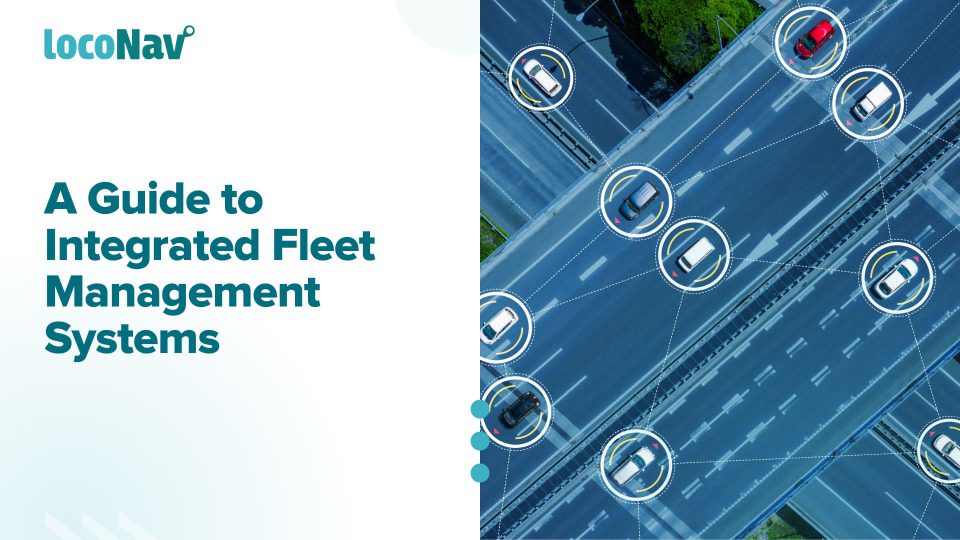

In today’s rapidly advancing world of fleet management, having a competitive edge means going beyond merely having vehicles and drivers. It involves employing a strategic approach that harnesses cutting-edge technology. At the forefront of this technological revolution are Integrated Fleet Management Systems, the backbone of modern fleet management. In this article, we’ll explore the significance of these systems, their essential components, and the myriad benefits they bring to the table.
Understanding Integrated Fleet Management Systems
Integrated Fleet Management Systems (IFMS) are advanced software solutions designed to streamline the management of vehicles, drivers, and assets within a fleet. They combine various modules and functionalities into a unified platform, allowing organisations to monitor, control, and analyse their entire fleet in real-time. Let’s take a closer look at some of the key components of an IFMS.
Key Components of an IFMS:
- GPS Tracking: IFMS systems incorporate GPS technology to provide real-time tracking and location data for each vehicle in your fleet. This feature enables efficient route planning, improved driver safety, and accurate delivery or service timelines
- Vehicle Maintenance: Proper vehicle maintenance is crucial for fleet efficiency. IFMS systems offer maintenance scheduling, diagnostics, and alerts to ensure vehicles are in optimal working condition, reducing downtime and repair costs
- Driver Management: IFMS helps monitor driver behaviour and performance, promoting safer driving habits and reducing the risk of accidents. It also assists in managing driver schedules and compliance with regulations
- Fuel Management: Fuel is a significant expense in fleet operations. IFMS systems offer fuel monitoring tools to track consumption, identify inefficiencies, and reduce fuel costs
- Inventory Management: For businesses involved in transporting goods, IFMS can help manage inventory in vehicles, ensuring accurate stock levels and timely deliveries
- Analytics and Reporting: IFMS generates detailed reports and analytics on various aspects of fleet operations, providing insights that can lead to data-driven decisions for improved efficiency and cost savings
Benefits of an Integrated Fleet Management System
Implementing an IFMS can yield a wide range of benefits for businesses with fleets of any size. Here are some key advantages:
- Cost Reduction: IFMS helps reduce fuel consumption, maintenance costs, and insurance premiums by promoting better vehicle and driver management
- Improved Safety: Real-time monitoring of drivers and vehicles promotes safer driving practices, reducing the risk of accidents and associated costs
- Enhanced Productivity: Efficient route planning and scheduling lead to quicker deliveries and improved customer satisfaction
- Compliance and Regulation: IFMS ensures that your fleet complies with industry regulations and standards, reducing the risk of fines and legal issues
- Environmental Sustainability: By optimising routes and reducing fuel consumption, IFMS contributes to lower carbon emissions and a greener fleet
- Data-Driven Decision Making: Access to comprehensive data and analytics enables better decision-making and long-term strategic planning
Choosing the Right Integrated Fleet Management System: A worthy Investment
When selecting an Integrated Fleet Management System for your organisation, it’s essential to consider your specific needs, budget, and scalability. Look for a system that offers customisable features, reliable support, and integration capabilities with other business software.
An Integrated Fleet Management System (IFMS) is a powerful tool for businesses seeking to streamline their fleet operations, reduce costs, and improve overall efficiency. By centralising data, providing real-time insights, and promoting better driver and vehicle management, IFMS systems empower organisations to stay competitive in an ever-changing business landscape. Consider adopting an IFMS to unlock the full potential of your fleet and drive your business forward.